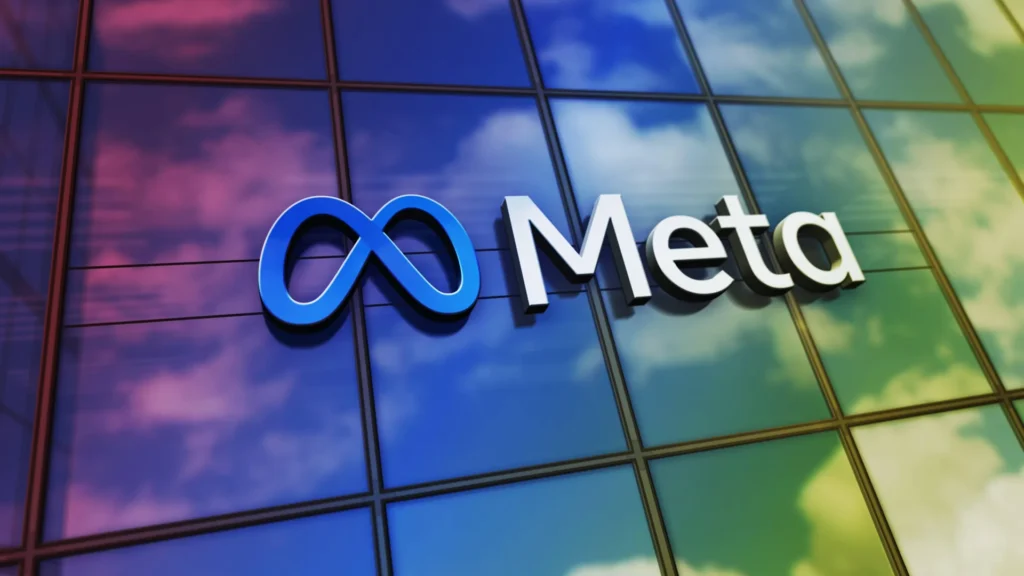After multiple complaints that the “Made with AI” labels were applied improperly to content that was not generated by AI, Meta is revamping its program in response to feedback from photographers. These labels were first released earlier this year with the intention of designating photographs produced in accordance with industry standards through the use of generative AI. Users found that even small changes made with AI-enhanced tools caused the badge to appear on Facebook and Instagram, which caused debate over the deployment.
The decision to rebrand the labels as “AI info” reflects Meta’s acknowledgment that the previous “Made with AI” designation often failed to meet user expectations. This update aims to provide clearer context about the presence of AI without implying AI generation where it hasn’t occurred. It comes amidst ongoing scrutiny and calls for transparency in how AI-influenced content is identified and communicated on social media.
Photographers and content creators raised concerns when they observed the badge appearing on images that had undergone minimal AI-assisted edits, such as using Adobe’s generative fill in Photoshop for retouching. This broad application of the label led to confusion, as users questioned its accuracy and relevance. Meta’s response underscores the challenges of accurately distinguishing between genuine AI-generated content and images with minor AI enhancements.
Meta clarified that the decision to apply the “Made with AI” label was based on industry-standard signals that sometimes included indicators from AI-powered editing tools. This approach, while intended to enhance transparency, inadvertently blurred the line between significant AI-generated content and minor AI-assisted modifications. The revision to “AI info” aims to rectify this by focusing on providing informative cues about AI involvement without misleading users about the nature of the content.
Despite the rebranding, some users may find the updated “AI info” labels lacking in specific details about the AI tools used in image creation or modification. The contextual menu accessible via the badge will continue to offer a general description of generative AI, emphasizing Meta’s policy of alerting users to the presence of AI signals detected in shared content.
The controversy surrounding Meta’s labeling practices highlights broader issues surrounding the transparency and accuracy of AI disclosures in digital media. As AI technologies become more integrated into everyday applications, including social platforms, establishing clear and consistent standards for labeling AI-influenced content is crucial.
Moving forward, Meta has committed to collaborating with industry partners to refine its labeling approach. The objective is to ensure that the “AI info” labels effectively communicate the extent of AI involvement in content creation while addressing concerns over mislabeling and user confusion. This iterative process reflects Meta’s ongoing efforts to uphold transparency and accountability in its AI-related policies.
For photographers and digital artists, Meta’s update serves as a reminder of the evolving landscape of AI-driven content recognition. Clear communication and accurate labeling are essential not only for maintaining trust among users but also for fostering informed interactions with AI-enhanced media on social media platforms.
The evolution of Meta’s labeling system underscores the complex interplay between technological advancements and user expectations regarding AI transparency. By refining its approach to labeling AI-influenced content, Meta aims to mitigate misunderstandings and promote greater confidence in how AI technologies are disclosed and perceived by its global user base.
A start in the right direction, Meta’s switch to “AI info” labeling aside, more discussion and improvement are still required to fully handle the challenges of AI-driven content identification on social media. In an informed digital world where AI disclosures appropriately reflect the type and degree of AI involvement in content creation and modification, Meta may make a positive impact by putting user trust and clarity first.
If you like the article please follow on THE UBJ.
